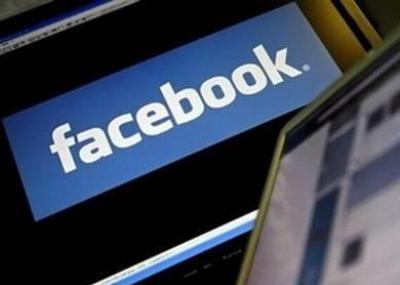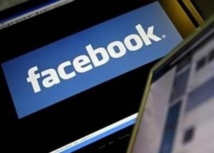The move was made ahead of mid-term elections in the Philippines on May 13, when half of the 24-member Senate seats, all House of Representatives seats and tens of thousands of local postings will be up for grabs.
The social media giant said about 3.6 million people were following the 67 pages, 68 accounts and 40 groups on Facebook and 25 Instagram accounts that were taken down following an investigation.
The removed pages, accounts and groups were found to be engaged in "coordinated inauthentic behaviour," said Nathaniel Gleicher, head of Facebook's cybersecurity policy unit.
"What we saw is this cluster of pages groups and accounts, a combination of authentic and fake accounts that were basically being used to drive messaging on behalf of, and related to, local candidates," he said.
Gleicher said the accounts were made to appear as normal and legitimate to boost messages in favour of certain political candidates.
"They were designed to look independent, but in fact we can see that they were coordinated on the back," he told reporters in Manila. "They would post about local news, they would post things about the upcoming elections, local candidates."
"A lot of messaging was pro, sort of supporting the candidates they were working in behalf of, some would be attacking political opponents of those candidates," he added.
The social media giant said about 3.6 million people were following the 67 pages, 68 accounts and 40 groups on Facebook and 25 Instagram accounts that were taken down following an investigation.
The removed pages, accounts and groups were found to be engaged in "coordinated inauthentic behaviour," said Nathaniel Gleicher, head of Facebook's cybersecurity policy unit.
"What we saw is this cluster of pages groups and accounts, a combination of authentic and fake accounts that were basically being used to drive messaging on behalf of, and related to, local candidates," he said.
Gleicher said the accounts were made to appear as normal and legitimate to boost messages in favour of certain political candidates.
"They were designed to look independent, but in fact we can see that they were coordinated on the back," he told reporters in Manila. "They would post about local news, they would post things about the upcoming elections, local candidates."
"A lot of messaging was pro, sort of supporting the candidates they were working in behalf of, some would be attacking political opponents of those candidates," he added.









 Home
Home Politics
Politics











